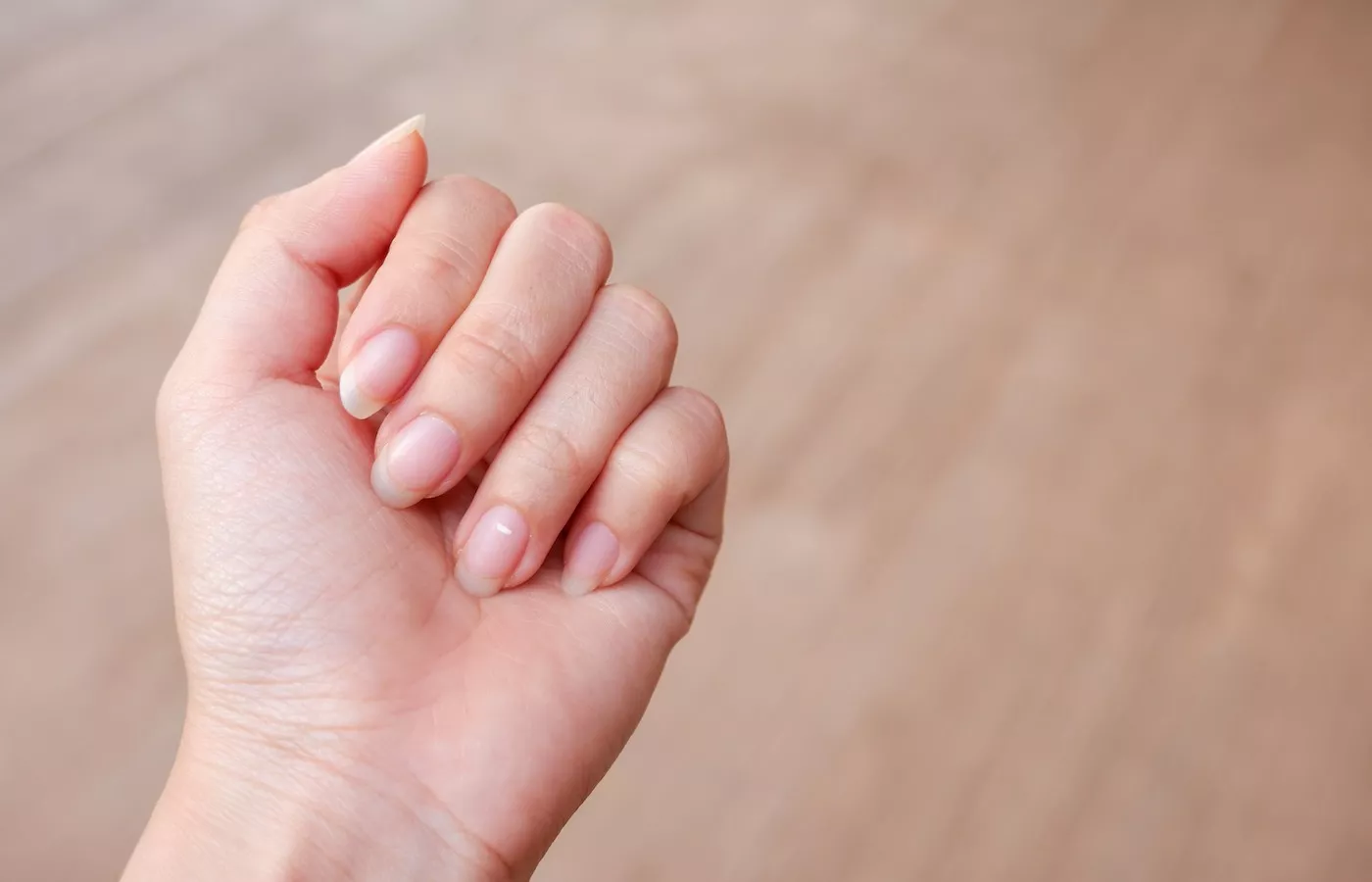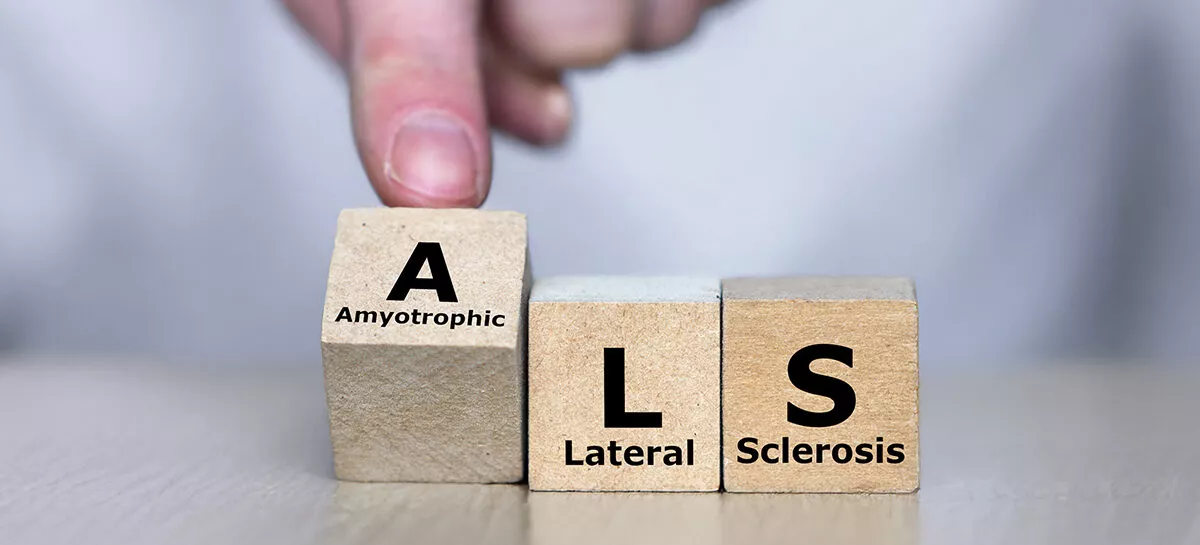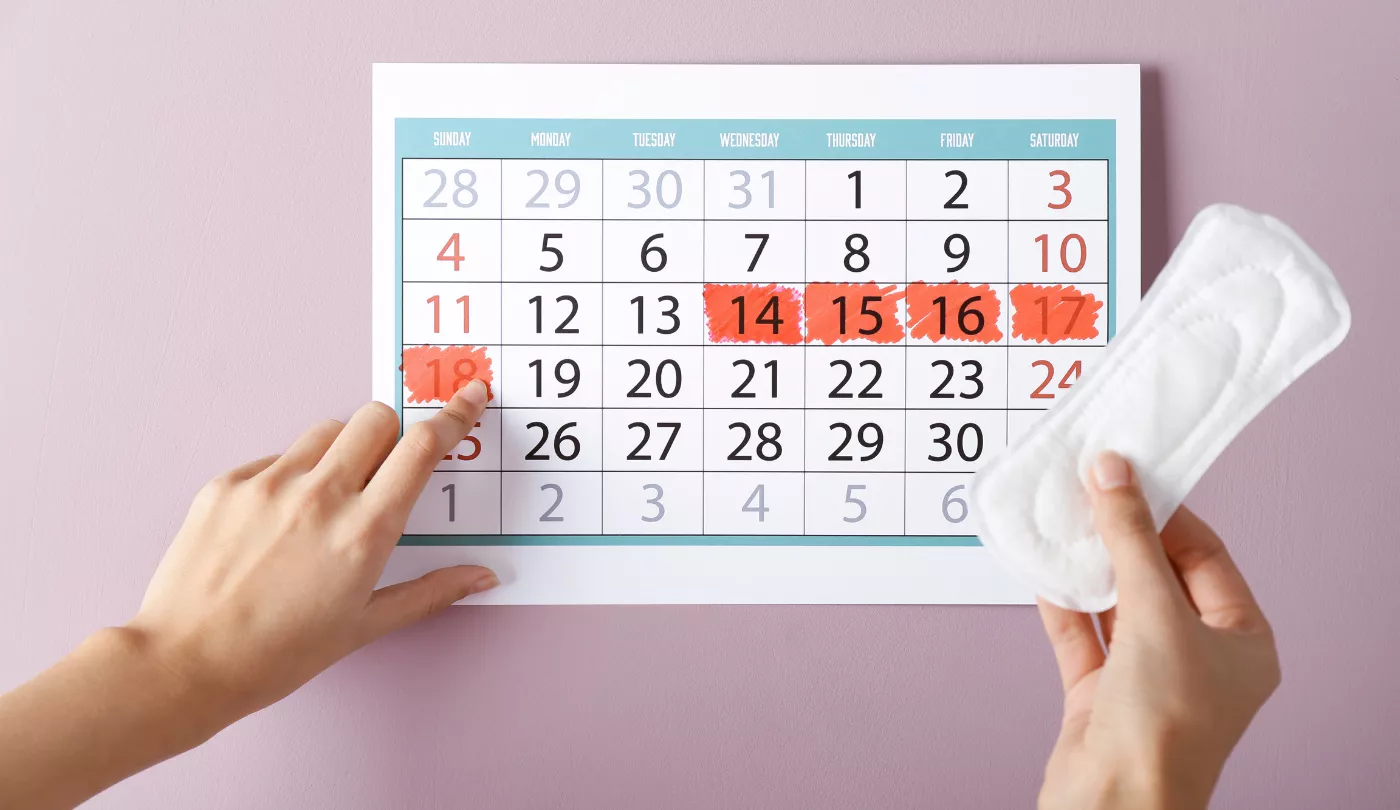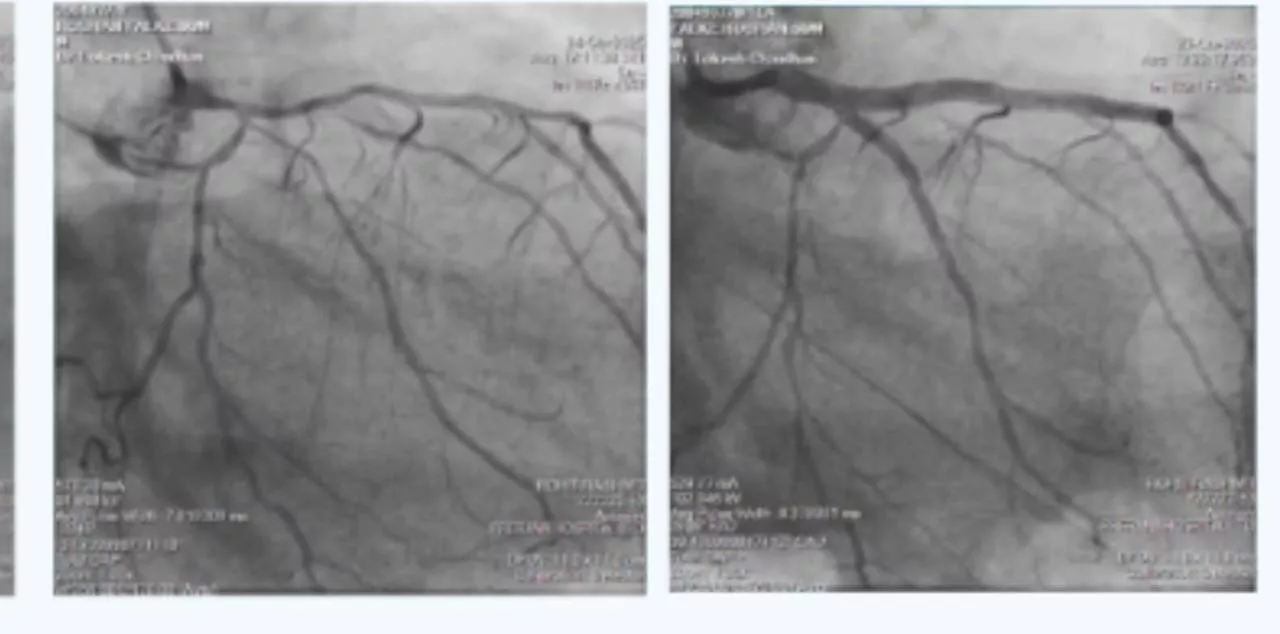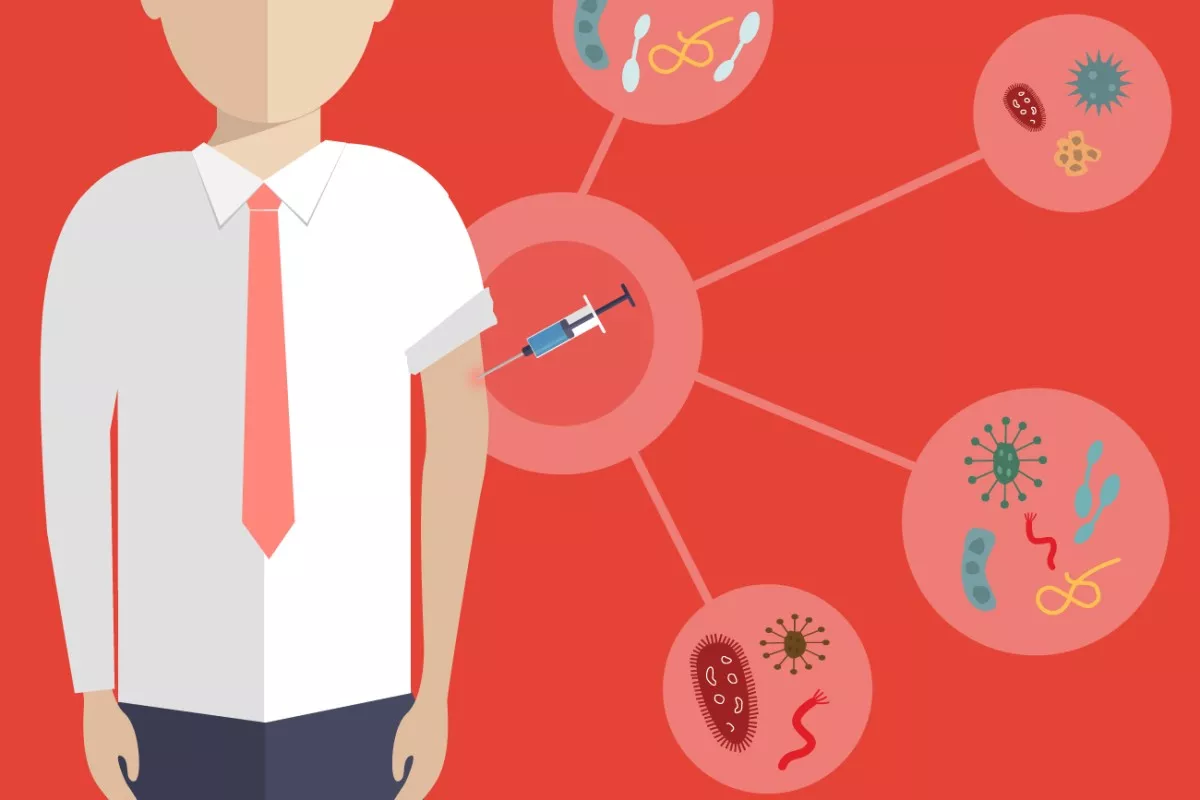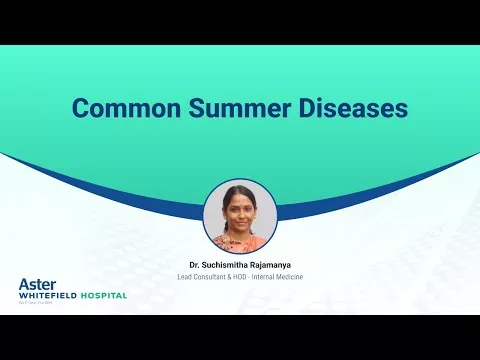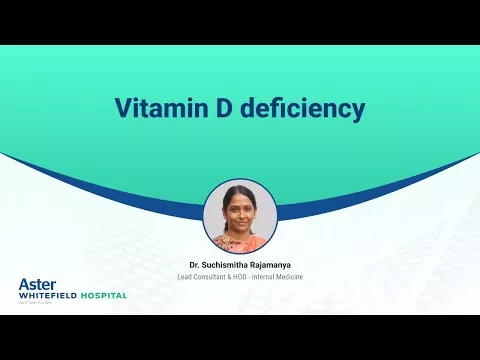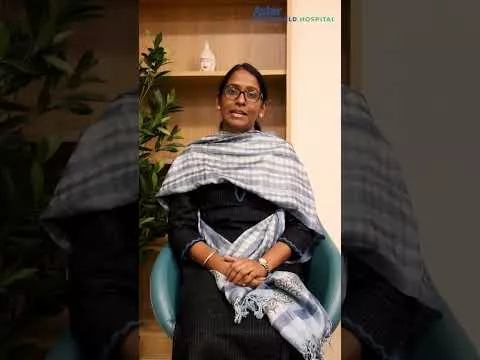Zinc is an essential mineral that plays a vital role in enhancing our health. It supports immunity, cell growth, taste, smell, and wound healing. When zinc falls short, the results can be serious. Knowing about zinc deficiency diseases, their causes, and treatment can help you stay healthy or catch problems early in loved ones.
This blog explains what zinc deficiency is, how to notice it, and what you can do about it. By the end, you will have a clear sense of how diet and medical advice help prevent or manage this condition.
What Is Zinc Deficiency and What It Can Do
Zinc is an essential mineral that supports many systems in the body. When your intake falls below what is needed, it can lead to problems known as zinc deficiency diseases. Children may stop growing as expected. Wounds may take longer to heal. Some people experience hair thinning or patchy hair loss.
Others may catch infections more often or notice a change in their sense of taste or smell. Not everyone shows all symptoms. Some people develop mild zinc inadequacy without obvious signs. But even subtle deficiencies can reduce energy and make infections more frequent. The earlier you spot them, the easier it is to correct.
Zinc Deficiency Causes
There are several reasons someone might develop zinc deficiency. Knowing them helps you prevent problems before they begin. Key causes include:
- Poor dietary intake: diets low in meat, dairy, or seafood provide little zinc
- High intake of phytates in grains, legumes, or nuts which block zinc absorption
- Medical conditions such as Crohn’s disease, ulcerative colitis, or other gut issues that inhibit absorption
- Increased losses due to diarrhoea, chronic kidney disease, or sweating
- Pregnancy or growing children whose need for zinc is higher
When any of these come together [poor diet plus gut disease, for example] the risk multiplies. Identifying cause is essential for effective treatment.
Recognising the Signs: How to Spot Zinc Deficiency
Zinc deficiency treatment works well when started early. Watch for symptoms that suggest the body is struggling without enough zinc. These are warning signs to take note of. Look for:
- Slow wound healing or frequent skin infections
- Hair thinning, hair loss or brittle nails
- Loss of appetite or change in taste and smell
- Frequent diarrhoea, especially in infants or young children
- Impaired growth in children, developmental delays
- Weak immune response: getting sick often
Adults may also feel tired, show delayed recovery from illness, or bruise easily. Any cluster of these signs warrants a check‑up with a healthcare provider.
How Zinc Deficiency Diseases Are Diagnosed
Diagnosing deficiency is not always simple. Medical providers assess both symptoms and risk factors. They may test blood levels of zinc. But those tests do not always show full picture because zinc in tissues may be low even if blood levels seem normal.
Sometimes medical history of diet, illness, and growth pattern reveals more. After diagnosis, the plan is personalised based on age, severity, cause, and dietary context. A doctor or nutrition professional considers both supplements and food based sources.
Options for Zinc Deficiency Treatment
Good treatment restores zinc levels safely. It often combines supplements, dietary changes, and follow‑up. Treatment may include:
- Taking oral zinc supplements under supervision.
- Increasing intake of zinc‑rich foods such as meat, shellfish, dairy, beans, seeds, nuts and whole grains.
- Reducing foods or habits that lower absorption, like phytate‑rich meals taken simultaneously with zinc sources.
- Treating any underlying illness that causes loss or poor absorption.
Recovery time depends on severity. Mild deficiencies may resolve in weeks. More severe or long‑standing cases might require months of treatment and monitoring.
Preventing Zinc Deficiency: Daily Habits
Prevention is easier than treatment. Simple changes in day to day life can greatly reduce risk of zinc deficiency diseases. Even in areas where diet is limited, small improvements help. Preventive strategies include:
- Including one zinc source in each main meal
- Pairing plant foods with enhancers like citrus or vitamin C to aid absorption
- Avoiding frequent fasting or overly restrictive diets without guidance
- Ensuring adequate protein intake, because protein supports zinc utilisation
- Having regular medical check‑ups if you have conditions that affect digestion
Parents, caregivers, and anyone involved in nutrition planning benefit from work with trained professionals. Your doctor will offer guidance tailored to local diets and available foods.
Putting It All Together
There is no single reason for low zinc. Some people also lose more zinc than they realise, especially during infections or digestion issues. Over time, this can affect the skin, immune strength, appetite, and energy levels. It may even slow recovery after illness or injury.
For deeper support, especially if your diet is restricted or your health condition is ongoing, a visit to a hospital may help. These centres offer tailored care based on your needs and goals.
Aster Hospitals connects patients with qualified physicians in India. With the right advice, it becomes easier to manage deficiency risks and build a food plan that supports recovery, growth, and better living.
